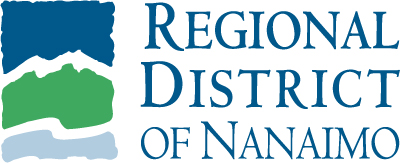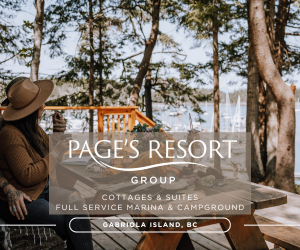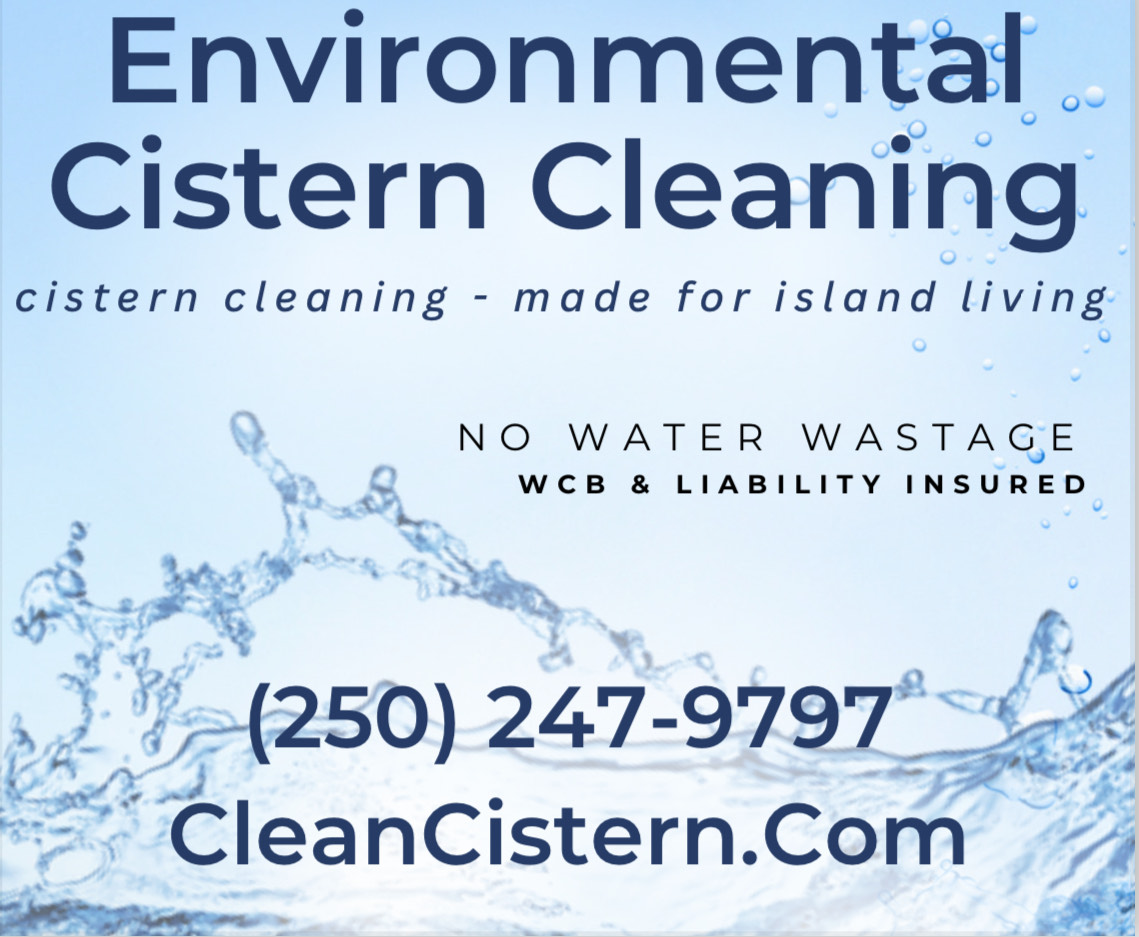Rachelle Stein-Wotten
Local Journalism Initiative Reporter, Gabriola Sounder
The Regional District of Nanaimo board of directors have teed up an alternative approval process for the establishment of a community health and wellbeing contribution service in Electoral Area B to begin in early 2024, pending approval from the Ministry of Municipal Affairs.
Directors supported the process moving forward at their Nov. 14 board meeting with one director opposed.
“I don’t believe [the AAP] is a fair process,” Nanaimo Director Sheryl Armstrong said, adding a lack of support for the service itself. “I think $100,000 for someone to coordinate meetings is a lot of money, when those people are going to coordinate themselves anyway.”
The proposed Area B health and wellbeing service would involve the RDN establishing a contract with a service organization, similar to the contract the RDN administers for the southern economic development service with the Gabriola Chamber of Commerce. A small administration fee would be charged to recover RDN staff time to administer the contract.
The community health and wellbeing service would involve a paid staff position charged with facilitating and coordinating across organizations and networks involved with health and wellness on Gabriola and aimed at reducing gaps in service provision and wellness planning as well as improving access to funding for local service providers, among other goals.
The 2022 feasibility report on the proposed service, written by RDN-hired consultant Urban Matters, recommends the RDN proceed with either a part-time administrator and coordinator, with an estimated annual operating cost of $49,600, or a full-time coordinator, estimated at $100,600.
The first option would include a service provision budget of $10,000 to conduct research and community engagement activities while the second option suggests a budget of $25,000. Estimated costs were based on 2021 budgets from Island Health community health networks and other regional districts operating similar services.
The plan is to have the position start as part-time to assess its efficacy, RDN board chair and Area B director, Vanessa Craig, noted at the November meeting, adding why she supports the service: “The many, many groups on Gabriola that provide these services are asking for this support.”
Multiple agencies including the RDN, Islands Trust and school district along with 67 non-profits, networks, co-ops and community groups on Gabriola create a “complicated layering of governance and service provision responsibilities,” the feasibility report says. No entity is responsible for coordinating, a function taken on by volunteers up until now, primarily through the Gabriola Health and Wellness Collaborative (GHWC). A coordinator would take on and expand upon work currently being done by those volunteers.
Between just 16 organizations in the collaborative, volunteers have put in 97,500 hours each year, and administrative volunteers are putting in 40 hours a month to coordinate collaborative activities, GHWC told the Sounder earlier this year.
The GHWC supports the idea of a paid coordinator, saying it’s necessary to bring the resources together to address complex issues many Gabriolans face.
If the Ministry of Municipal Affairs approves the bylaw for the new service, the alternative approval process would likely start in early 2024, the RDN said, and conclude Feb. 20, 2024, which would provide time for the service to be incorporated into the year’s amended budget, if it is approved by the electorate.
An AAP requires 10 per cent of electors to submit a form that says they do not support the proposed service in order for that service to not proceed. The total number of electors in Area B is 3,928.
If less than 392 elector response forms are received by 4 p.m. on Feb. 20, 2024, elector approval is deemed to have been obtained and the board can adopt the bylaw to establish the service.
The board also approved $9,000 in Area B feasibility funds for consultant Urban Matters to use during the AAP to monitor and respond to public inquiries, including developing content for a Get Involved page.
A combination of six in-person and online informational sessions on the proposed service were conducted in September.
The RDN says 96 community members participated.
Approximately $55,000 has been expended on the project to date, RDN staff said, including $36,630 for Urban Matters to complete the initial feasibility report.





Recent Comments